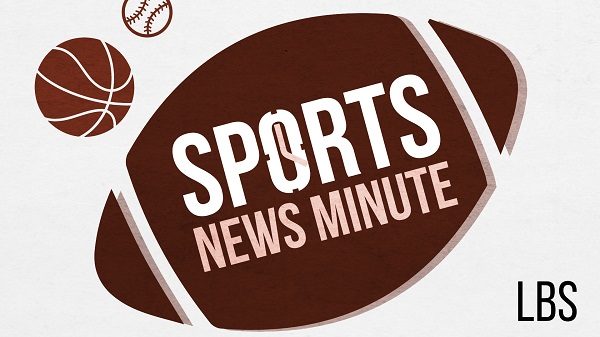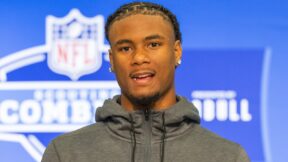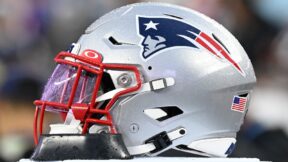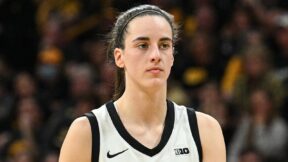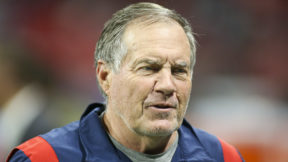From Fausto Carmona to Leo Nunez, baseball players play the name game
 When Shakespeare wrote that “A Rose by any other name would smell as sweet,” he presumably was not referencing any pitcher from the Dominican Republic; nor any Major League clubhouse for that matter. Charles Foster Kane was not alluding to any shortstop from the Caribbean when he uttered Rosebud, though baseball has seen its share of Citizen Matt Cain.
When Shakespeare wrote that “A Rose by any other name would smell as sweet,” he presumably was not referencing any pitcher from the Dominican Republic; nor any Major League clubhouse for that matter. Charles Foster Kane was not alluding to any shortstop from the Caribbean when he uttered Rosebud, though baseball has seen its share of Citizen Matt Cain.
North American sports have provided the world with plenty of athletes hell-bent on changing their name. In the NFL, it usually involves a hyphen, an addition to the last name, or poorly translated Spanish. NBA players like to turn their monikers into ironic messages meant to spur global change but end up as comedy fodder. For whatever reason, Major League Baseball serves as a stomping ground for athletes who either lack imagination or common sense in the practice.
Put aside for a moment all the oddities surrounding America’s once-glorious pastime. For example, there have been more Cy Young awards won by a guy named Johan than their have by anyone named Chaz. Certainly the name is in vogue, as the Fastest Man in the World title might soon go to another guy similarly named, but with a “Y” instead of the “J.”
One would probably expect the name — regardless of the spelling — to be closely linked to clogs or some smorgasbord thereabouts. However, astute baseball fans will know that there are two active Major Leaguers who were born Johan Santana. The Mets pitcher is one, the other being the Angels’ Ervin Santana. In 2003, the latter changed his name to Ervin because he felt it sounded good. Had he known that he would be currently sitting on a 4-10 record with an ERA of 6, he probably would have left it so that layman baseball fans would have mistaken him for winning two Cy Youngs.
The Cleveland Indians’ pitcher formerly known as Fausto Carmona (pictured) has not pitched in the Majors this year and it might be a good thing. People all around baseball may still need time figuring out who the heck Roberto Hernandez is. (Of course, it took fans years before they realized that Fausto was not a Marx brother.) He has not thrown one fastball this year, though he unsuccessfully tried to throw U.S. officials a curveball and was arrested for trying to use a false identity to get a visa.
To add further damage, three years were added to his age in the process, giving everyone proof that living in America ages people worse than once thought. The league suspended him an additional three weeks, so Cleveland fans will have to wait until at least August 11th before they see the newly-minted Roberto Hernandez: not to be confused with that other guy named Roberto Hernandez, who pitched up until five years ago. Regardless, for a pitcher whose career record is 13 games under the water mark, meet the new loss. Same as the old loss.
Some folks may remember Leo Nuñez. I say “some” since those people are either in hiding or fearful of admitting that they spent any measure of their lives watching Marlins baseball. In 2011, Leo became Juan Oviedo, master of all illusions. OK, I made that last part up, but certainly he took the name-changing racket with the aplomb of a great prestidigitator. Apparently, though, it doesn’t go both ways. Contrary to my hopes, Harry Blackstone never played third base for the White Sox.
The former Nuñez apparently took on the identity of a friend in T-1000-like fashion in order to get more of a signing bonus. He was promptly suspended by baseball, too, when they found out he tried to pull a fast one on immigration officials, while stating his age as a year younger than previously listed. Either way, he has ample opportunity to practice his sorcery in the Marlins bullpen, which has had a knack for making leads magically disappear.
The deceit is really nothing new. Latin American ballplayers have, by and large, been the egregious defenders. Though it has been happening for quite some time, stricter oversight over the last decades have caught a number of players red-handed. Miguel Tejada turned out to be two years older and have a differently-spelled last name when he was confronted in 2008. Tejada or Tejeda, my spellcheck still can’t figure either of them out.
In 2006, the Nationals gave a hefty signing bonus to a prospect known then as Esmailyn Gonzalez, presumably choosing the name due to its mellifluence. Sports Illustrated in 2009 found evidence that he was in fact Carlos David Alvarez Lugo, a revelation that stunned the organization and also angered newspaper companies looking to keep ink costs low. He was also four years older than he was presumed to be.
Certainly age and identity questions have always hovered around a number of ballplayers. For years, most pundits decried Julio Franco’s age, calling into question the age-defying effects of eating no less than 20 egg whites as a pregame meal. As it turned out, nothing concrete ever came of it, those critics just merely assuming that Methuselah was walking to the plate each time.
Albert Pujols has also received flak about his age — he’s listed as 32 — apparently some wondering whether he was born during the Eisenhower administration. The Angels were ostensibly hoping for a baseball version of Benjamin Button when they signed him to a 10-year deal this past offseason. The contract assures him that he will paid by the club until he goes from being the superstar hitter to being (cryogenically) frozen at the plate.
There certainly is a lesson to be learned here: I used to think fake I.D.’s were sophomoric, a sign of immaturity, a way for underage kids to buy cheap, sour-tasting beer brewed in a former Axis Power country. Now, I’ve come to realize it might be a prerequisite for being an All-Star. Hey, there might still be some hope for Danny Cool after all.

